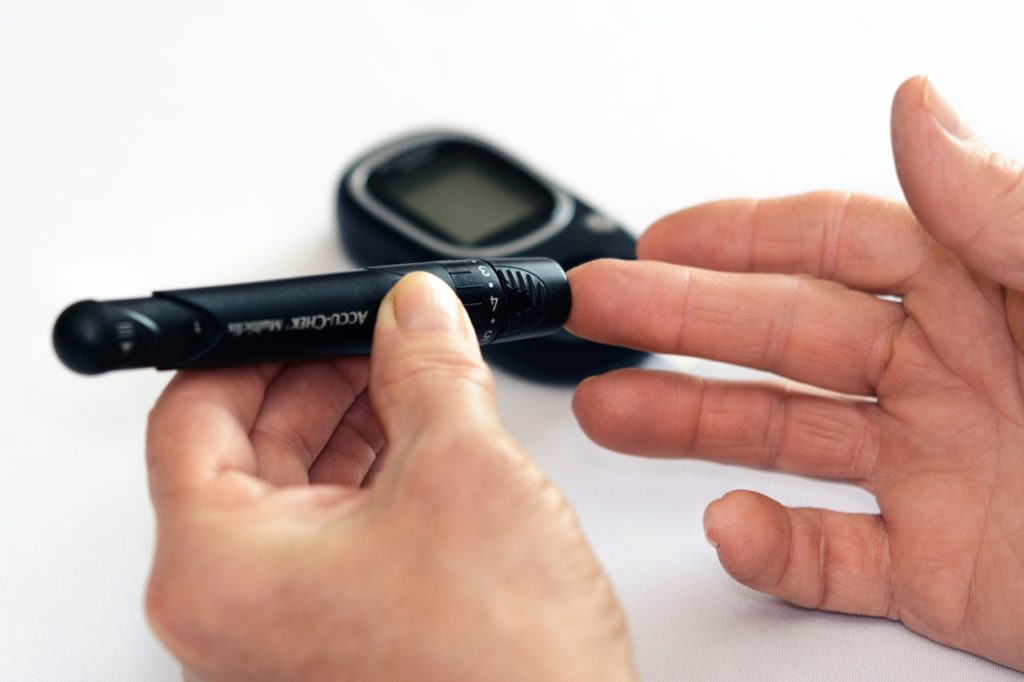Improvements in health and reductions in healthcare costs could be achieved if blood glucose, blood pressure and cholesterol treatment targets were met.

Researchers from the Nuffield Department of Population Health, University of Oxford, assessed the long-term impact of achieving treatment targets for Type 2 diabetes on diabetes-related complications, life expectancy, and healthcare costs. The study, published in Diabetes, Obesity and Metabolism, was supported by the NIHR Oxford Biomedical Research Centre and funded by Diabetes UK.
Diabetes affects 9% of the UK adult population, with Type 2 diabetes accounting for approximately 90% of these cases and 5.4 million patients in the UK. Type 2 diabetes is associated with increased risk of complications such as heart disease or stroke that may result in death or severely impair quality of life. An estimated £10 billion, approximately 10% of the NHS budget, is spent on diabetes annually; 80% of this cost is for treatment of diabetes complications. GP practices are encouraged to achieve defined treatment targets for blood glucose, blood pressure and cholesterol.
Mi Jun Keng, a researcher at the Health Economics Research Centre, Nuffield Department of Population Health, University of Oxford, and the lead author of the paper, said, “Our study found that meeting more treatment targets was associated with lower risk of a range of diabetes-related complications. Patients would live on average seven months more for each additional treatment target achieved.”
The National Diabetes Audit, which measures the effectiveness of diabetes healthcare, has recently reported improvements in achieving defined treatment targets for blood glucose, blood pressure, and cholesterol among people with Type 2 diabetes. However, the percentage of patients who achieve all three targets is relatively low, ranging from 27% to 54% across groups of GP practices in England and Wales.
Dr Apostolos Tsiachristas, co-author of the paper, added, “Meeting all three treatment targets reduces the costs to the NHS of treating complications by about £1000 per patient. This could lead to substantial savings to the NHS considering the high and increasing prevalence of Type 2 diabetes in England and Wales.”
Professor Borislava Mihaylova, the senior author of the paper noted, “Our study shows that if the 10% lowest performing GP practices (with about a quarter of their patients meeting the targets) were to reach the target levels achieved by the top 10% performing GP practices (with about half of patients meeting the targets), they would realise an average gain of 30 years of life for every 100 patients or 3.6 months per patient. These benefits would more than double if they could get all their patients to meet all three treatment targets.
“There have been many improvements in diabetes care, but we still need to do more to make sure that targets are met consistently. This research provides important information that healthcare commissioners can use to help implement appropriate improvement programmes and ultimately improve the quality of life of patients. We hope that it will also encourage those with Type 2 diabetes to work with their GPs to achieve the targets that are most appropriate to them.”